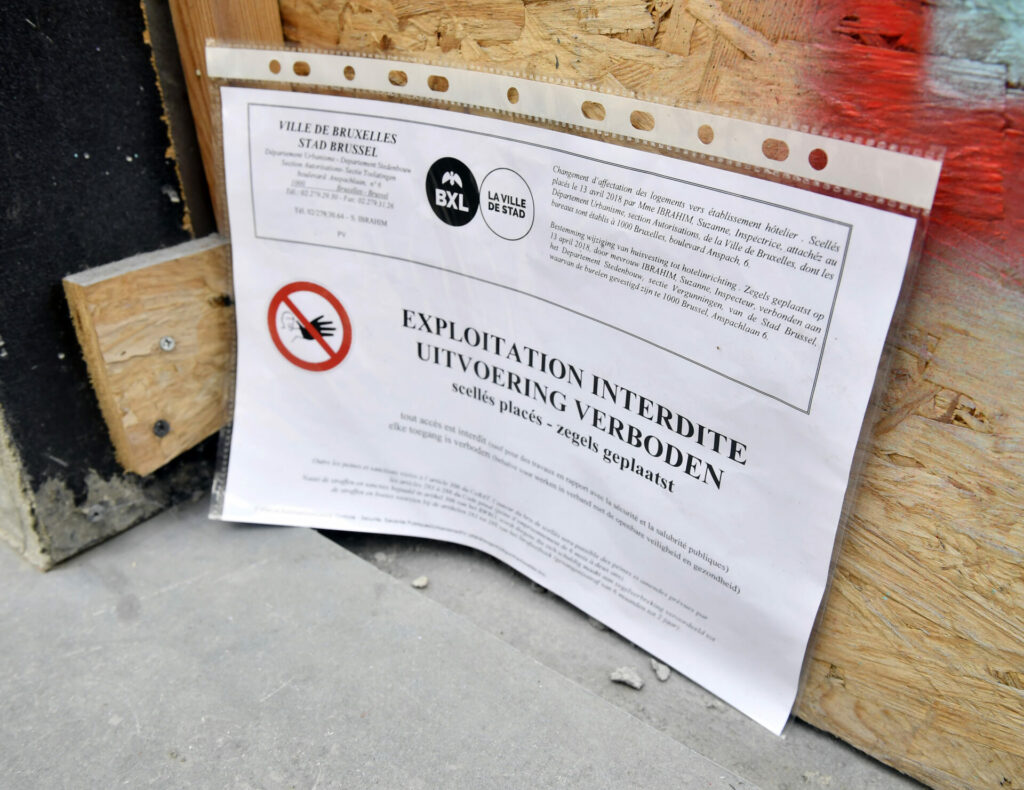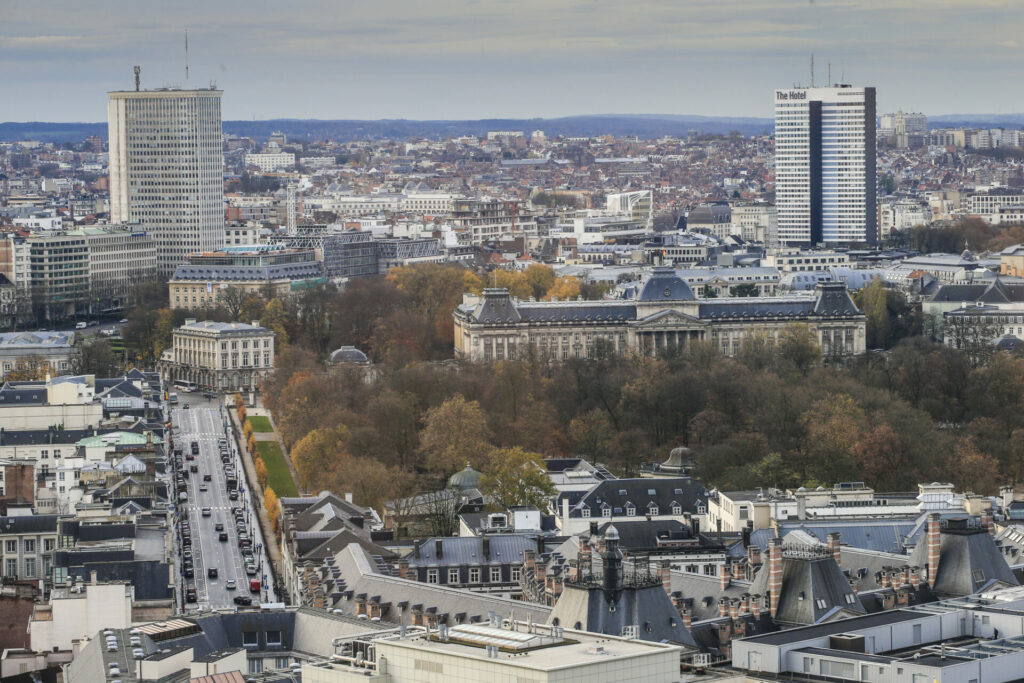Brussels administrators have long taken issue with the presence of Airbnb operating in the city, citing fears that short-stay accommodation circumvents local regulations and pushes up the cost of housing.
City efforts to clamp down on "illegal Airbnbs" had been held up by a legal battle in which five professional landlords had challenged the restrictions, arguing they violated European directives and would go against EU internal market rules. However, the Court of First Instance ruled in favour of the Brussels-Capital Region.
The proposed changes will require landlords to undergo a series of checks, such as obtaining a fire safety certificate and providing a criminal record. Most importantly, it will stipulate that all properties rented on Airbnb (or other such platforms) must conform to the building's permis d'urbanisme (urban permit) – an official document that defines the purpose for which a property can be used.
Brussels authorities decide on the allocation of different permits and are sensitive to how building types affect the local fabric – for instance by setting quotas on the concentration of hotels in a given area. Whilst Airbnb presents itself as a convenient means for people to earn additional income by letting spare rooms, its international popularity and user base have led some property owners to use the platform as a business that isn't bound by the same oversight as conventional hotels and B&Bs.
Impact on local housing market
For years the tension between Brussels as a city to visit and as a place to live has portrayed short-term rental platforms as a threat to the local housing market – in particular for renters who face inflated prices as the renting offer is reduced.
Brussels Minister-President Rudi Vervoort has explained the need for stricter regulations in order to prevent the local housing market from being inflated. Cities that have not made a clear distinction between these types of property pay a penalty with serious social repercussions, he says.
Two of the companies that led the lawsuit against Brussels were Sweet Inn and Smartflats which offer 78 and 31 sites on Airbnb respectively, De Standaard reports. City councillor for urban planning Anaïs Maes (Vooruit) voices fears that if allowed to continue, such companies will affect the balance of local residents and tourists: "The centre of Brussels must not become a sterile environment without housing. We do not want our capital to go down the same road as Amsterdam."
Her position reflects concern in many of Europe's biggest tourist destinations. Sites like Airbnb are popular precisely because they offer cheaper accommodation. But this often brings an influx of visitors who contribute less to local economies whilst at the same time driving away residents.

Protest of Brussels councillor Geoffroy Coomans de Branchene against illegal Airbnb's, April 2018, Brussels. Credit: Belga
The scale of the problem
Cities around the world are hardening their stance against Airbnb, notably by imposing limits on the number of nights a property can be rented on the site each year (in London this is set at 90). To conform with Brussels' definition of "residential property", it must be rented for no more than 120 days each year.
The changes proposed by the City of Brussels will mean that landlords who exceed this limit are liable to fines – in the most serious cases up to €10,000.
Research by KU Leuven has found that the average Airbnb in Brussels is rented for 150 days each year. Short Term Rental Belgium – an organisation which represents landlords – estimates that between 95 and 98% of Airbnbs in Brussels do not comply with regulations.
Related News
- Will tougher regulations for Airbnb make Brussels better for locals?
- Belgium in Brief: Airbnb, the website where everyone's a winner?
- Airbnb complains of 'disproportionate' new rules in Brussels
Data website Inside Airbnb shows there are currently 6,850 properties in the region listed on the site, of which 2,000 are in the City of Brussels. Regulating the properties will require investment on the part of the city, which at present employs just two inspectors to track down the properties.
Maes explains that the majority of these locations do not have the necessary documentation, and authorities are concerned these present a blight on the local housing market. The new legislation paves the way for stricter controls that will ensure compliance and other benefits, such as buildings not needing to conform to regulations serve a new function.
Whilst the ruling is bad news for professional Airbnb landlords, Brussels has been emboldened by the ruling: "Tourists are welcome but we need to find another solution. I am happy that we can now impose limits before we arrive at a similar situation to that seen in Paris or Amsterdam," Maes stated. "Brussels can now enforce its rules."

